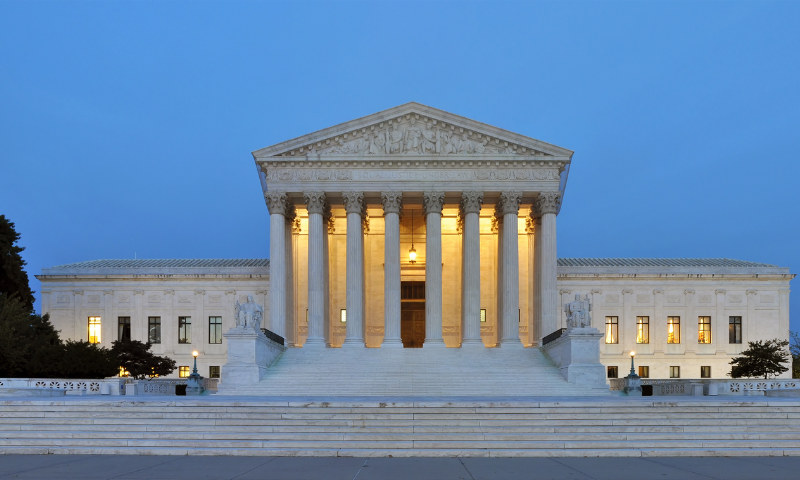Steve Friess
Newsweek, Nov. 16, 2022
“The cases hinge on how the court now interprets perhaps its most hallowed decision, the 1954 ruling in Brown v. Board of Education, which required desegregation in public schools and accommodations by deciding that the doctrine of “separate but equal” was unconstitutional.”
For some time now, it has been a foregone conclusion among most observers that the U.S. Supreme Court is poised by next summer to end the practice by colleges and universities of using race as a factor in admissions. Still, the intensity and occasional hostility with which the court’s conservative majority grilled proponents of affirmative action at oral arguments on October 31 in two soon-to-be-landmark cases left its supporters pondering a previously unthinkable question: Will any approach to leveling the field for disadvantaged minorities be left come June, when the justices are expected to render their decision?
If the court determines that any benefit or preference based on race is unconstitutional, the impact would radiate far beyond elite colleges. Supporters fear and opponents hope that the court could gut a half century of programs and laws designed to help groups that have historically faced racial discrimination in the U.S. level the playing field, giving them greater access to education that might improve job opportunities and economic equality. At risk beyond preferences in college admissions: Government programs that require a certain percentage of contracts go to minority-owned companies. Scholarships and financial aid based on race or ethnicity. Hiring practices at private companies aimed at recruiting underrepresented groups. Race-specific outreach by social services agencies. Even hate crime laws could be in peril.
“There’ll be implications in employment law. There’ll be implications in other areas of education. There’ll just be widespread implications,” says Cedric Powell, a law professor at Howard University and author of Post-Racial Constitutionalism and the Roberts Court. “People have structured their lives in a certain way around this precedent. To say it no longer exists, that’s going to change things across the board.”
For the court to make such a ruling would undo a precedent permitting affirmative action first established in the 1978 case of University of California v. Bakke and reaffirmed as recently as 2016 in Fisher v. University of Texas. In those decisions, justices wrote that race and ethnicity could be used as one of many factors in admissions because schools have a “compelling interest” in the educational benefits of a diverse student body. That legal standard, alongside the ratification of the 14th Amendment in 1868, the Civil Rights Act of 1964 and other progressive landmarks, are the underpinnings of what make any laws that provide a preference or special consideration on the basis of race permissible. ...SOURCE


